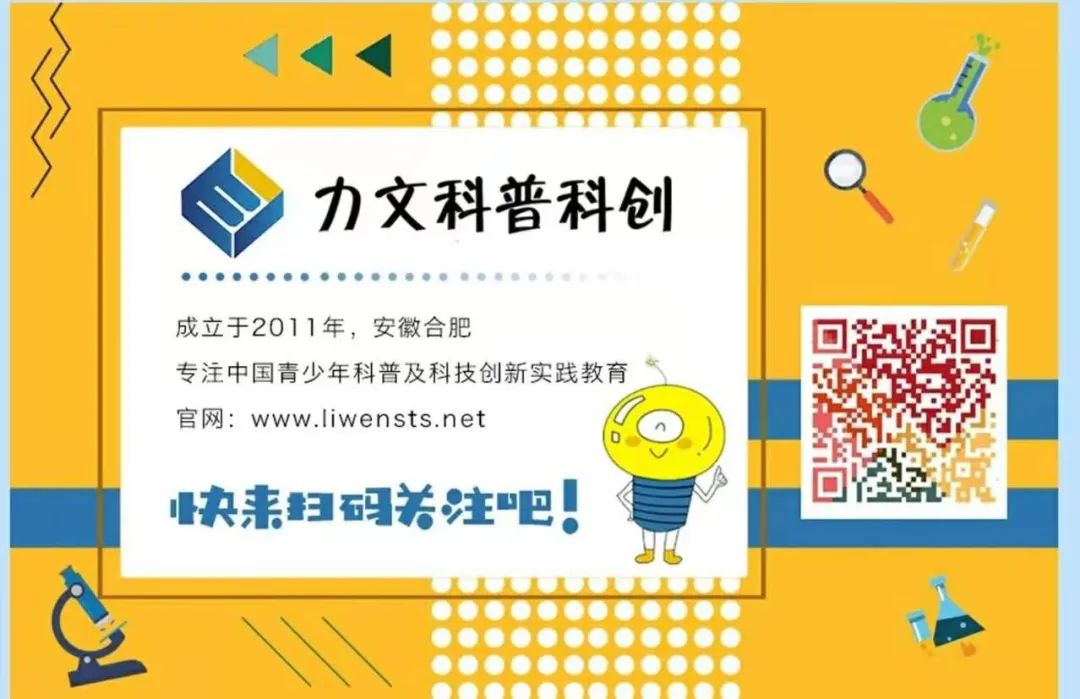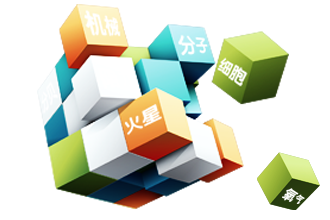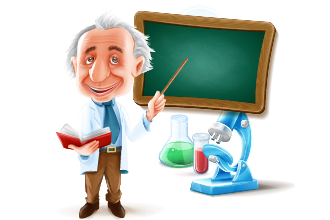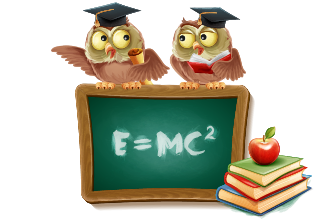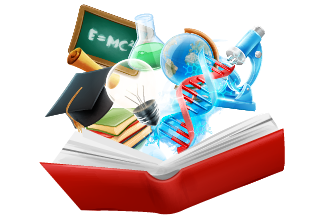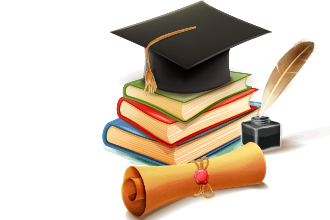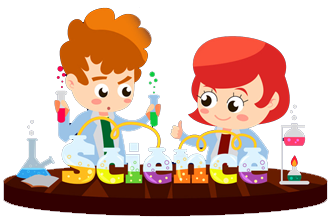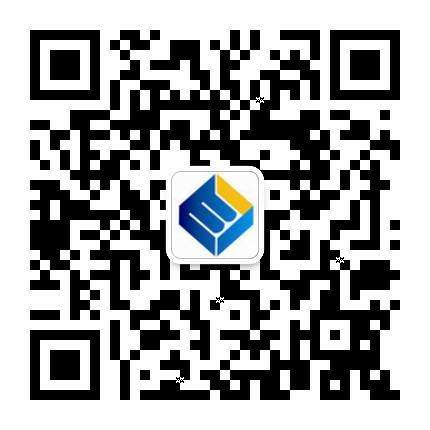News updates
Continuously standardizing one's own behavior and improving scientific literacy: From 2021 to 2022, the learning and training of all teachers in the Li Wen Science Popularization and Innovation Studio

。In today's world, scientific discoveries and technological innovations are constantly emerging, providing possibilities for humans to understand and utilize nature on a larger scale and at a deeper level. Science and technology have promoted the development of productive forces, economic prosperity, and social progress, promoting changes in people's production, lifestyle, and way of thinking. The rapid development of science and technology has put forward new requirements for the scientific literacy of every citizen.
As socialist builders and successors, teenagers need to strengthen the cultivation of scientific literacy from a young age. Li Wen Science Popularization and Innovation Studio, dedicated to the scientific enlightenment of young people, has been adhering to the principle of carefully caring for and stimulating young people's interest in scientific and technological innovation with its own good scientific literacy since its establishment in 2011, and has carried out scientific enlightenment work. During this period, we are also continuously regulating our own behavior and improving our scientific literacy to make children happy, parents at ease, schools at ease, and organizational managers and supervisors at ease.
In order to continuously regulate their own behavior and improve their scientific literacy, the teachers of Liwen Science Popularization and Innovation Studio have been conducting annual training work. While summarizing their annual work, they have also made arrangements in advance for the work of the next year. In October 2021, we launched a series of training work for the years 2021-2022, including the newly issued and revised National Action Plan for Scientific Literacy (2021-2035) Opinions on Further Reducing the Homework and Off campus Training Burden of Students in Compulsory Education Stage, the Law of the People's Republic of China on the Protection of Minors (2020), the Law of the People's Republic of China on the Promotion of Family Education, including the particularly important Basic Education Curriculum Reform and the Compulsory Education Primary School Science Curriculum Standards (2017), as well as the Code of Professional Ethics for Primary and Secondary School Teachers A series of education and security related documents, such as the "Standards for the Development of Artificial Intelligence Courses in Primary and Secondary Schools (Trial)" and "Beware of Network Fraud". According to the learning plan shown in the figure below, the training will be conducted through word for word discussion, with the "Compulsory Education Primary School Science Curriculum Standards (2017)" being the sixth learning session.
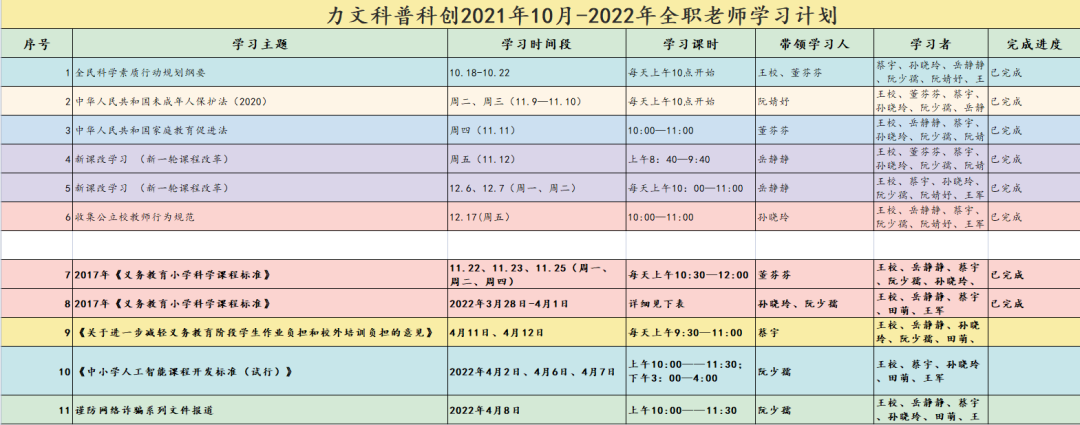

《(2021-2035)Outline of the Action Plan for National Scientific Literacy (2021-2035)》

China is currently in a period of important strategic opportunities, and the world is experiencing unprecedented changes in a century. At the same time, the international environment is becoming increasingly complex, instability and uncertainty are significantly increasing, the COVID-19 has a wide and far-reaching impact, and the world is entering a period of turbulence and change. In order to cope with such a severe situation, improving the scientific quality of the whole people is a prerequisite, and the country has put forward long-term goals. This action plan outline also clearly points out the actions and key projects that we need to deploy in the next 14 years to achieve the long-term goal of achieving 25% of Chinese citizens with scientific literacy by 2035, as well as the organizational guarantees provided by the state to ensure the smooth implementation of actions. This action plan puts the improvement of young people's scientific literacy at the top of the "improvement action", indicating the importance that the country attaches to the improvement of young people's scientific literacy.
